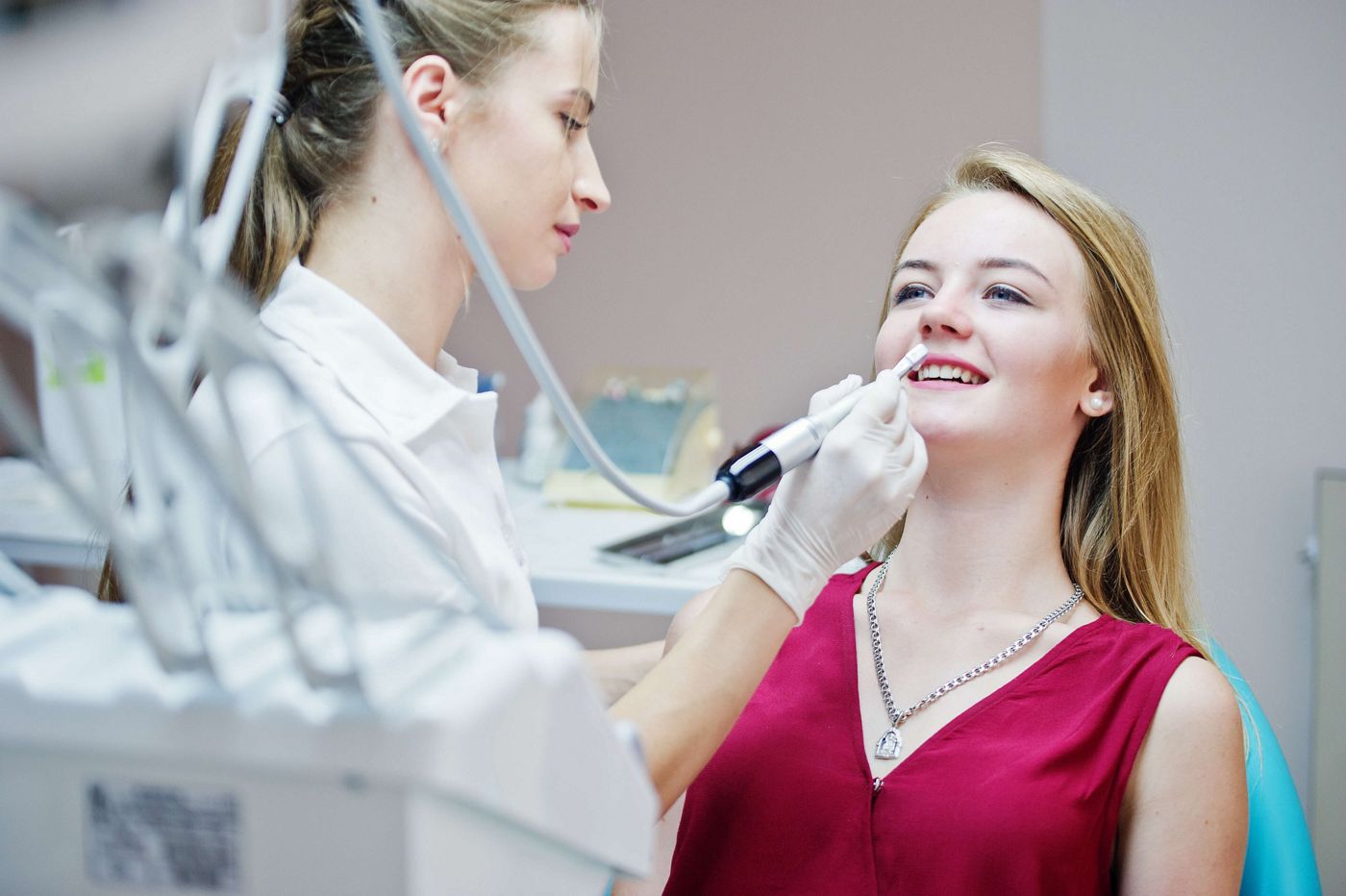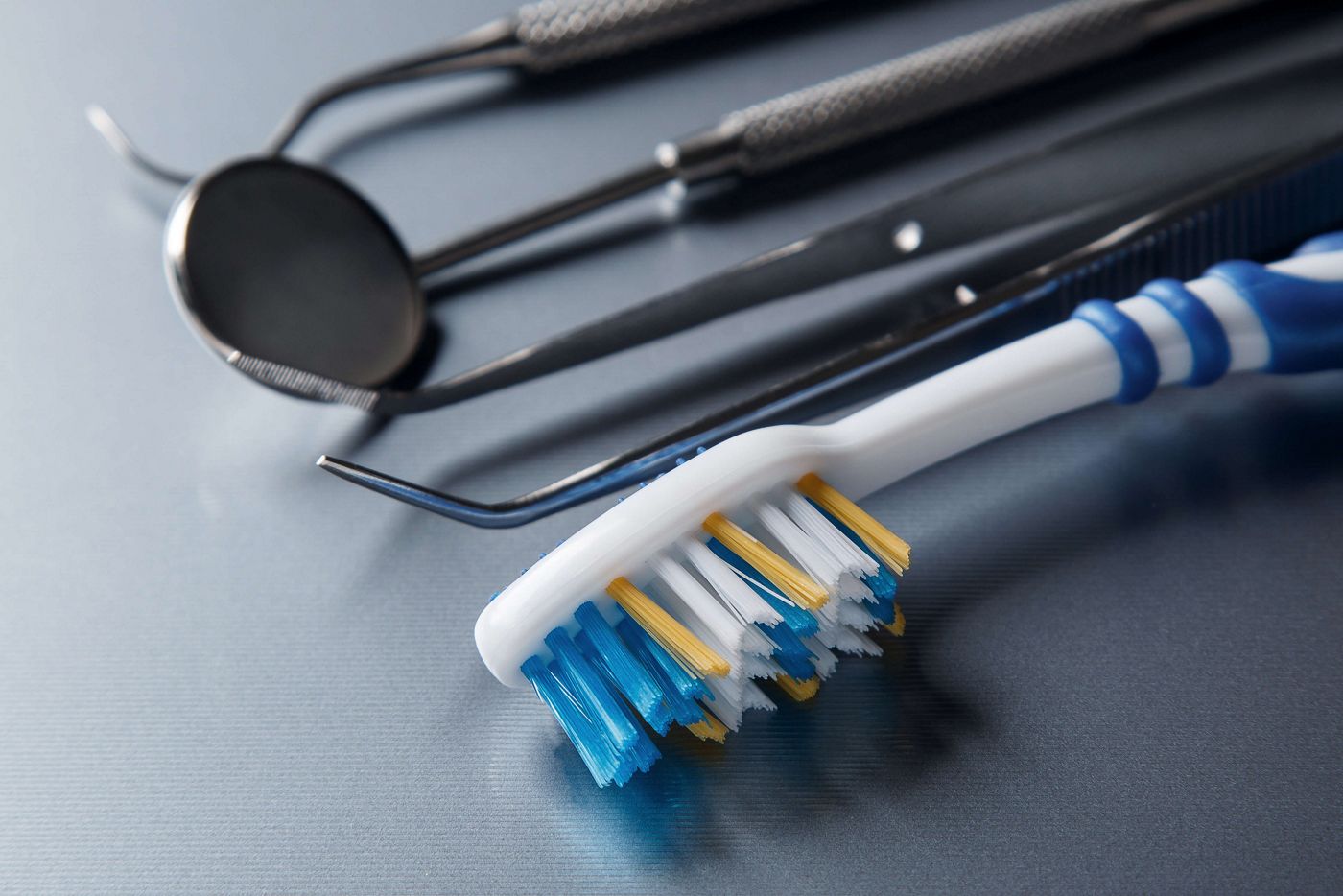What does a dental hygienist do?
Dental hygienists play a pivotal role in oral healthcare, focusing on preventive measures and patient education.
They work alongside dentists and dental therapists, offering a range of services from routine cleanings to advanced preventive care. Understanding the scope of their work, qualifications, and the essential role they play in maintaining oral health is crucial for patients seeking comprehensive dental care.

Who are dental hygienists and therapists?
Dental hygienists and dental therapists are integral members of the dental team, specializing in preventive oral health and treatment.
Dental hygienists undergo rigorous training, typically completing a diploma or degree in dental hygiene. This education encompasses both theoretical knowledge and practical skills in oral healthcare.
Similarly, dental therapists often have a degree in dental therapy, which includes training in certain restorative and paediatric dental procedures alongside preventive care.
Dental hygienists vs dental therapists
While both roles focus on preventive care, dental hygienists primarily specialize in oral hygiene practices, including professional teeth cleaning and patient education. Dental therapists have a broader scope, often performing basic dental treatments like fillings and extractions, particularly in children. Both work closely with dentists to provide comprehensive oral care.
What services do dental hygienists provide?
Dental hygienists specialize in preventive oral health, focusing on professional teeth cleaning to remove plaque and tartar. This role is pivotal in preventing cavities and gum disease. Beyond cleaning, they conduct comprehensive oral health assessments, examining teeth and gums for signs of decay or periodontal issues.
Their expertise also extends to patient education, providing personalized advice on effective oral hygiene practices. Through their services, dental hygienists play a crucial role in maintaining and promoting long-term oral health, making them indispensable members of the dental care team.

Routine procedures and preventive care
Dental hygienists are central to providing routine procedures and preventive care in dental practices. Their typical responsibilities include:
Regular teeth cleanings, which play a crucial role in removing plaque and preventing tartar buildup, key contributors to tooth decay and gum disease.
Performing oral examinations to detect early signs of oral health issues, such as cavities or early stages of gum disease.
Educating patients about proper oral hygiene techniques, including effective brushing and flossing methods.
Additionally, dental hygienists often provide guidance on nutrition and lifestyle choices that impact oral health, emphasizing the importance of a holistic approach to maintaining healthy teeth and gums.
Advanced practices beyond teeth cleaning
Dental hygienists often engage in advanced practices like periodontal therapy, which involves deep cleaning procedures crucial for treating gum disease. They are also trained in taking dental X-rays, aiding in the diagnosis of hidden dental problems.
Another key aspect of their role is applying preventive materials such as sealants and fluoride treatments. These practices are especially important for preventing tooth decay and maintaining oral health, showcasing the hygienists' comprehensive skill set in both preventive and therapeutic dental care.
How do dental therapists complement hygienists?
Dental therapists complement the work of dental hygienists by providing additional restorative treatments, particularly for children and adolescents. They perform fillings, and occasionally extractions of primary teeth, focusing on paediatric dental care. Working alongside dentists and hygienists, dental therapists contribute to comprehensive patient care.
They play a critical role in offering both preventive and basic restorative services, ensuring patients receive a full spectrum of oral health care within a single practice. Their involvement allows for a more integrated approach to dental treatment and preventive strategies.
Are dental hygienists available in all dental practices?
The availability of dental hygienists varies across dental practices. In larger practices and clinics, they are commonly found due to their essential role in preventive care. However, in smaller or specialized practices, their presence may depend on the specific services offered and the patient base.
The inclusion of a dental hygienist is often indicative of a practice’s commitment to comprehensive oral health care, emphasizing prevention and patient education as key components of dental treatment.
Can dental hygienists diagnose diseases or conditions?
Dental hygienists are trained to identify signs of oral diseases and conditions during routine check-ups. While they cannot officially diagnose these conditions, they play a crucial role in the early detection process.
They assess oral health, note abnormalities, and refer patients to dentists for a definitive diagnosis and treatment plan. Their keen observations during cleanings and examinations are vital in catching issues like gum disease or cavities early on.
How do dental hygienists help in preventing dental diseases?
Dental hygienists are instrumental in preventing dental diseases through their focus on preventive care. By performing professional teeth cleanings, they remove plaque and tartar that can lead to cavities and gum disease.
They also provide valuable education on proper oral hygiene practices, including brushing and flossing techniques. Their guidance on lifestyle and dietary choices further helps in reducing the risk of oral health issues, making them key figures in preventive dental care.
What types of treatments can a dental hygienist perform?
Dental hygienists primarily perform preventive and maintenance treatments. This includes professional teeth cleaning, applying fluoride treatments, and placing dental sealants to prevent decay.
In some areas, they are also trained to perform certain periodontal therapies, take dental X-rays, and administer local anaesthetics. Their scope of practice varies depending on regional regulations but is generally focused on preventive care and maintenance.

Why is professional dental cleaning important?
Professional dental cleaning is vital for maintaining oral health. It removes plaque and tartar build-up that regular brushing and flossing can't reach, preventing cavities and gum disease. These cleanings also allow dental professionals to detect early signs of oral health issues, enabling prompt treatment. Regular professional cleanings contribute to overall oral hygiene and health, playing a key role in preventing more serious dental problems.
Long-term benefits of hygienist visits
Regular visits to a dental hygienist have long-term benefits for oral health. They contribute to the prevention of periodontal disease, reduce the likelihood of tooth loss, and can even have implications for overall health, as poor oral health is linked to various systemic conditions. These visits also provide an opportunity for ongoing education and reinforcement of good oral hygiene practices.
The impact of regular cleanings on oral health
Regular professional dental cleanings are crucial for maintaining oral health. These cleanings remove plaque and tartar buildup that regular brushing and flossing can't fully eliminate. This helps prevent tooth decay, gum disease, and other oral health issues.
Professional cleanings also allow dental hygienists to identify potential problems early, leading to more effective and less invasive treatments.
Long-term benefits of hygienist visits
Regular visits to a dental hygienist have long-term benefits for oral health. They contribute to the prevention of periodontal disease, reduce the likelihood of tooth loss, and can even have implications for overall health, as poor oral health is linked to various systemic conditions. These visits also provide an opportunity for ongoing education and reinforcement of good oral hygiene practices.
Can dental hygienists prevent oral diseases?
Dental hygienists play a crucial role in preventing oral diseases. Through routine cleanings, they remove plaque and tartar, key factors in preventing cavities and gum disease. They also educate patients on effective oral hygiene practices, which are fundamental in disease prevention.
By identifying early signs of oral health issues, dental hygienists contribute significantly to maintaining overall oral health and preventing more serious conditions from developing.
Role in disease prevention and education
Dental hygienists play a significant role in preventing oral diseases. Through their routine cleanings and assessments, they help maintain oral health and prevent the progression of conditions like gum disease. Their educational role is equally important, as they provide patients with the knowledge and tools needed for effective home care, which is crucial in disease prevention.
Strategies for maintaining oral health
Dental hygienists employ various strategies to maintain oral health. They advise on the best oral hygiene practices, recommend appropriate dental products, and guide on nutrition and lifestyle habits that affect oral health. They also monitor changes in oral health over time, ensuring that any emerging issues are addressed promptly.